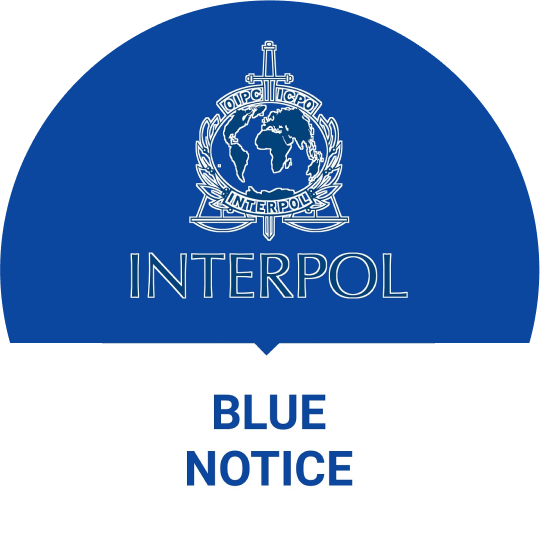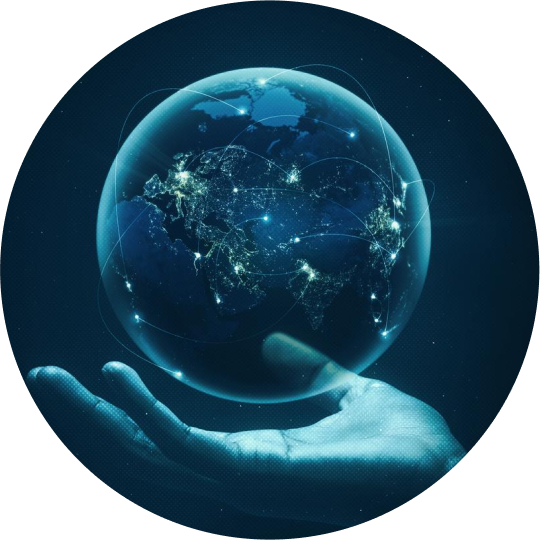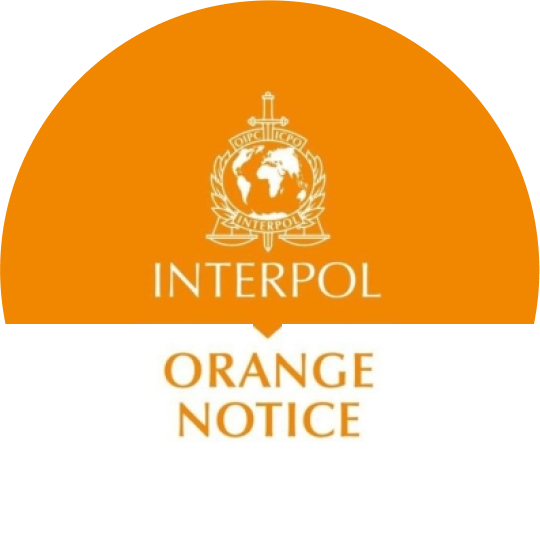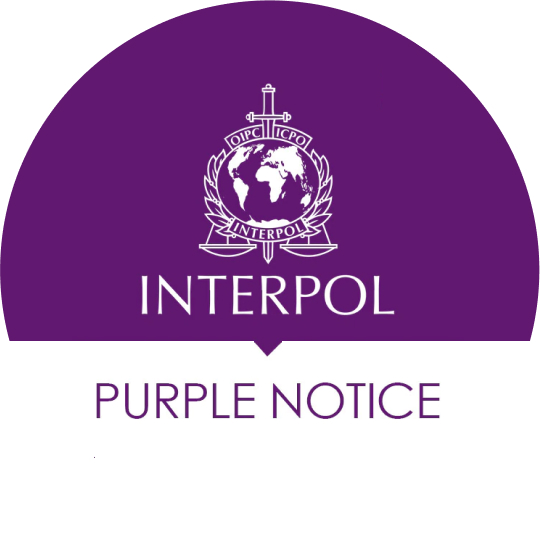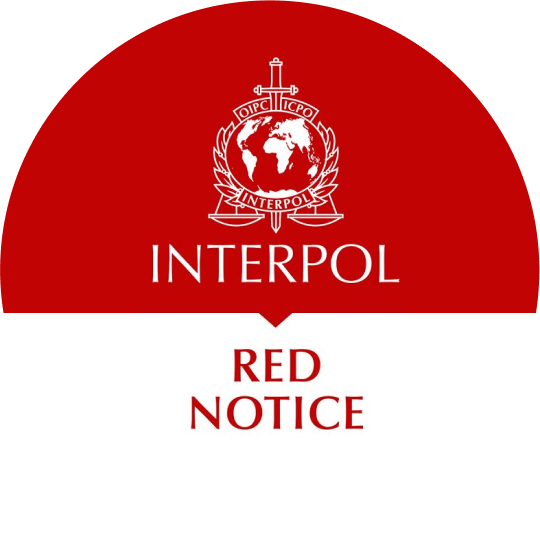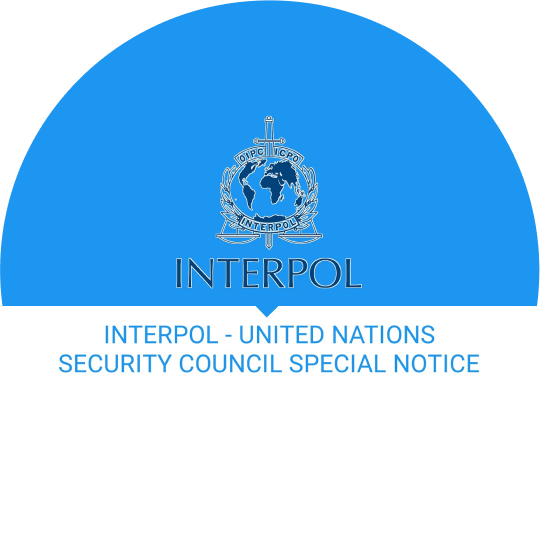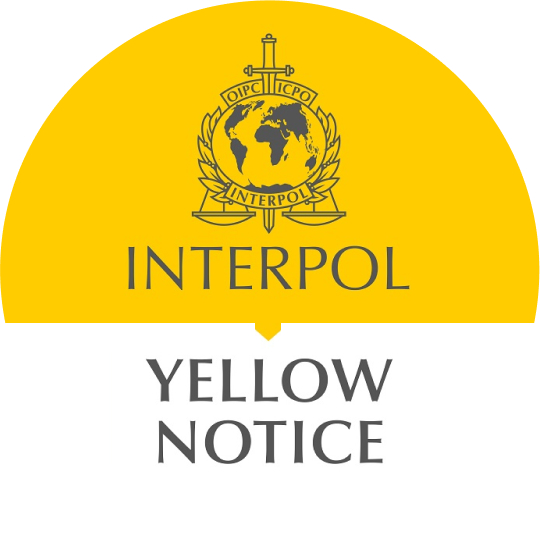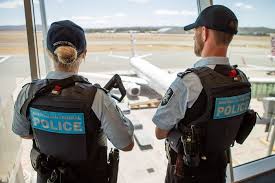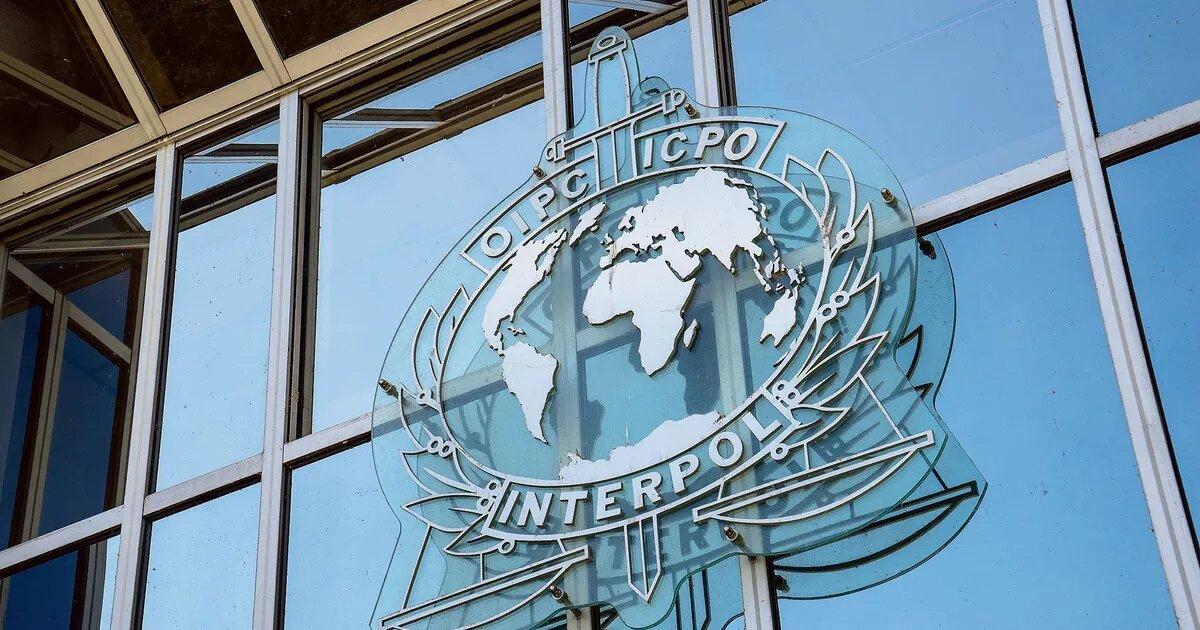Drug trafficking is a global problem that affects millions of people around the world. This highly lucrative underground industry is driven by powerful criminal organizations and fueled by demand from consumers in developed countries. Drug traffickers use a variety of methods to smuggle their products, including exploiting vulnerable populations such as migrants and refugees, concealing drugs within legitimate goods, and corrupting state institutions.
Despite concerted efforts by law enforcement agencies, drug trafficking remains a very difficult problem to tackle. Drug cartels are well-financed and highly organized, making them extremely difficult to apprehend or disrupt. Moreover, many drug trafficking routes cross international borders, meaning that coordination between different countries is essential for any successful strategy. Despite these challenges, there have been some success stories over the years – for example, the dismantlement of the Medellin and Cali cartels in Colombia, and the Drug Enforcement Administration’s disruption of China White.
Despite these successes, however, drug trafficking continues to be a major problem that impacts countries around the world. For example, many poor communities in developing countries are exploited by criminal gangs for their vulnerability – these communities often lack access to economic opportunities and social services, making them easy targets for traffickers who promise quick money in exchange for labor. Drug addiction is also a significant challenge around the world, with many consumers turning to illicit drugs as a way to escape difficult circumstances or deal with mental health issues.




